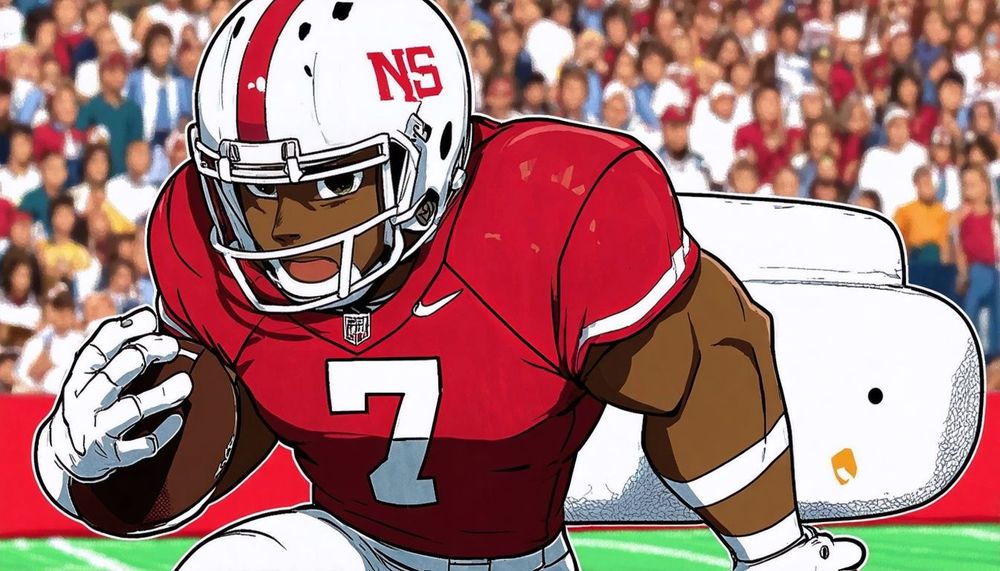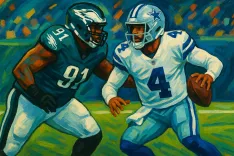Key Fantasy Football Players to Avoid in 2025 NFL Draft

Fantasy football managers preparing for the 2025 NFL season often enter draft rooms with targeted players in mind. However, it is equally important to identify players to avoid based on their draft costs. While drafting a potential league-winner can significantly contribute to success, steering clear of first-round flops and early busts is just as critical. This analysis highlights three running backs with notable warning signs that may warrant hesitation when considering their elevated draft prices.
Christian McCaffrey presents an enticing upside case; should he remain healthy for the entire season, he could be the top player in fantasy football. However, the concerns surrounding his health cannot be ignored. Over the past five seasons, McCaffrey has played in seven games or fewer in three of those years, including a mere four games in 2024 and three in 2020. As McCaffrey approaches his 30th birthday, traditionally a significant milestone for running backs, his past performance raises further doubts. Last season was marked by inefficiency, with a career-low of 5.4 yards per touch and no touchdowns scored during his games played. Despite his immense potential, the first-round draft cost associated with McCaffrey seems to overlook significant downside risks.
Javonte Williams had a solid season in terms of standard fantasy points, finishing among the top five running backs. However, further investigation reveals that his production stemmed from a high volume of opportunities rather than efficiency. The concern lies in how sustainable this production will be moving forward, particularly if opportunities dwindle. Last season, Williams averaged only 4.2 yards per touch, a decrease from 4.7 in his first two seasons. Although the Los Angeles Rams chose to extend his contract, there are indications that they may seek more explosive options in their ground game. Should Williams's performances decline, selecting him in the late second or early third round could position managers in a difficult situation.
Breece Hall, despite not yet achieving a 1,000-yard rushing season, remains a highly valued player due to his contributions in the passing game. However, the question arises regarding his effectiveness now that he is catching passes from Justin Fields, a quarterback with a career completion percentage of 61.1%. Fields has more games played than touchdowns thrown, creating uncertainty about Hall's potential production. Moreover, Fields's effectiveness as a runner could further limit Hall's rushing opportunities. Additionally, Jets coach Aaron Glenn has indicated a desire to implement a committee approach for the running back position, which may further diminish Hall's volume. Despite these concerns, Hall's average draft cost in the third round may not reflect the associated risks.









